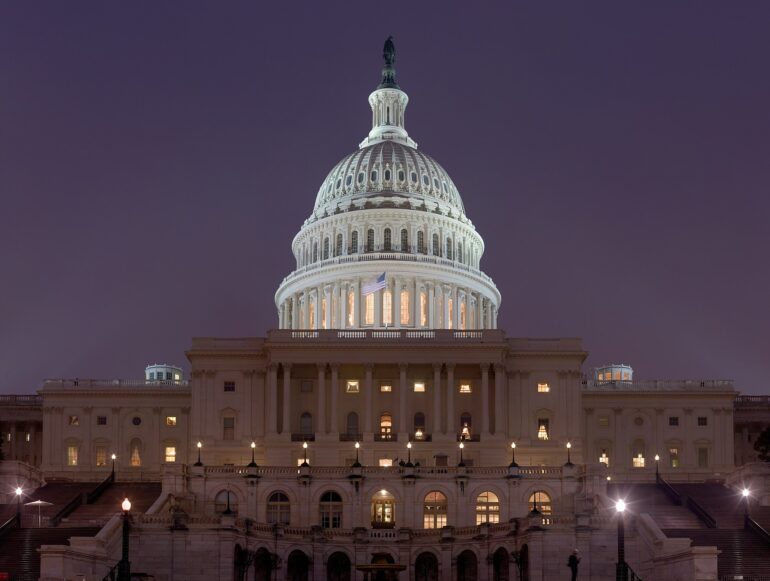In a significant financial development, Moody’s Investors Service reportedly downgraded the United States’ credit rating from AAA to AA on Friday, marking the loss of the country’s last top-tier rating.
This decision arises from escalating debt levels and increasing interest payments, raising alarms about the nation’s fiscal health.
Moody’s stated that the downgrade reflects a sustained increase in government debt over the past decade, alongside a ratio of interest payments that is notably higher than that of similarly rated sovereign nations.
The agency’s announcement comes as Congress grapples with a massive tax and spending package proposed by President Donald Trump, known as “one big, beautiful bill.”
The nonpartisan Committee for a Responsible Budget estimates this legislation could add approximately $3.3 trillion to the national debt by fiscal year 2034.
Fiscal conservatives within the Republican Party have expressed strong opposition to the proposed budget, arguing that it does not sufficiently address the rising deficit.
Representative Chip Roy of Texas and Senator Ron Johnson of Wisconsin have called for more aggressive spending cuts to prevent further financial deterioration.
In reaction to the downgrade, Senator Rick Scott of Florida highlighted the urgency of the situation, noting that the U.S. is on the brink of escalating interest payments that already exceed annual defense spending.
“The ONLY way to solve this crisis is to balance our budget,” he asserted on social media.
The downgrade is not unprecedented; other major credit rating agencies, including Standard & Poor’s and Fitch Ratings, had previously downgraded the U.S. credit rating, citing similar concerns over fiscal responsibility.
Standard & Poor’s made its downgrade in 2011, while Fitch followed suit in 2023.
Senator Mike Lee of Utah criticized Congress for its spending habits, stating, “This is what happens when the United States pretends there’s no limit on what we can spend.”
His comments reflect broader frustrations among conservatives regarding the perceived lack of fiscal discipline in Washington.
As the national debt continues to climb, the implications of this downgrade could resonate across financial markets and influence future legislative efforts.
With interest rates rising, the cost of servicing debt is expected to increase, potentially leading to more stringent fiscal policies.
The Trump administration and congressional leaders now face a critical moment as they attempt to navigate these challenges while addressing the needs of their constituents.
The outcome of ongoing budget negotiations will be pivotal in determining the country’s economic trajectory and public confidence in its financial stability.
As the situation unfolds, the intersection of fiscal policy and political dynamics will likely shape the future of U.S. governance, with significant implications for both domestic and international stakeholders.
[READ MORE: CNN in Shock As High Profile Trump Predictions Come True]



